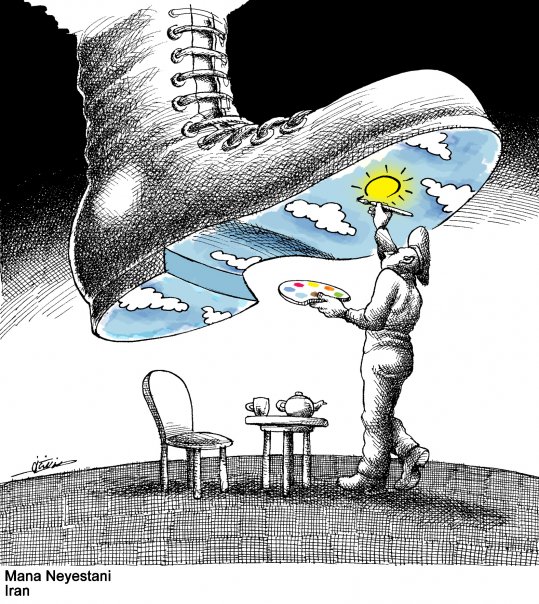What’s Going On?
It was apparent to me that the person listening, trying to practice ‘a safe holding space’ for her partner like I had taught her, was in distress. Her husband was saying all the right things, using I statements, and owning his feelings, but it was no use. She was looking away, holding her breath, and finally, inevitably I guess, she burst into tears.
As the professional in the virtual room I knew their history. He was in recovery for alcohol addiction and she had suffered from his gaslighting and verbal abuse. I realized that encouraging her to open up, even in a therapeutic exercise, was leaving her overwhelmed and defenseless. If they were going to continue marriage counseling I had to help them see that recovery from alcohol is not the same as recovery from abusive behavior and give them strategies to stay emotionally safe during the process.
The Language of Gaslighting
It is quite common for a ‘recovering addict’ to also be a ‘recovering gaslighter.’ Justifying, minimizing, and blaming (JMB) protect addictive behaviors by causing confusion, second-guessing, and a false sense of complicity in partners, friends, and family. Partners of addicts unaware of the damage caused by JMB gaslighting enter counseling unprepared for the pressure to focus on intimacy. Once it becomes a problem (and for victims of gaslighting, trying to create intimacy with the gaslighting partner in marriage counseling is always a problem) the victim partner may:
- Feel they are to blame because they can’t forgive and forget or just ‘get over it’
- Take responsibility and start to deny their own needs or point of view of the problem
- Shut down and check out
If you are the non-addict partner who suspects you are also a victim of gaslighting and you REALLY want to participate in a couple counseling experience, how can you make sure it works for both of you? It’s not easy. If you are willing to focus on your own needs, stay in touch your somatic experience in the moment, and most importantly, keep your own individual therapist, marriage counseling can be a helpful experience.
Tools to Survive Marriage Counseling
Victims of gaslighting have been told by the gaslighter that their needs are invalid or selfish. As a result, victims either won’t know what their needs are, or they’ll know but won’t know how to assert them in a marriage counseling session. For most victims of gaslighting, a good marriage counseling session is one that doesn’t go too deep, allows them to keep their guard in place, and doesn’t reveal information that can be used against them by the gaslighter when they get home.
As a marriage counselor I get that the victim partner’s primary need is safety. In fact, my primary job is to keep everyone in the room emotionally safe. So, when I see a partner hold back or have reactions like the ones my client in paragraph one was having, I back off. Did my clients create a holding space for each other and achieve intimacy? No. Was everyone in the room free to maintain boundaries? Yes. Even though they didn’t successfully achieve intimacy, a safe session is a good session.
For victims of gaslighting who are unaware of any needs beyond the need to feel safe, awareness of somatic experiences is vital. Is your stomach clenching? Do you feel like you are about to cry? Do you feel a pressure on your chest? These can all be signals that remind you “I’m not safe to share right now.” In the therapy room I will often see these signals before my client can express them. Because they may not have practice naming the feelings (sad, afraid, or anxious), I can help by simply inviting them to name the feeling. If they disengage at that point, then we take a break.
If you have been a victim of gaslighting from a partner who is in recovery for ANY kind of addiction, individual therapy can provide you with the room to be yourself. You can remember what your needs are, learn to talk about your emotions, and contemplate decisions in a safe holding space. If you then decide to go to couple counseling with that partner, it is vital that you keep your individual therapist. Keep working on your understanding of what is healthy and unhealthy so you can assert what you need and your couple counselor can better understand how to direct the sessions.
Into Me See
Intimacy is the freedom to lower boundaries, name feelings, and process openly without fear of reprisal. Since there is no danger of getting hurt or humiliated you can share spontaneously, laugh, cry, and share grievances in a healthy, reciprocal fashion. Couple counseling is designed to increase intimacy. If you are contemplating couple counseling and you are the non-addicted partner who is also a victim of gaslighting, then give yourself the best possible chance at a positive outcome. Ask yourself; am I able to assert my own needs? Am able to access my somatic experiences in the moment? Am I willing to have my own individual therapist? If you are worried about couple counseling or have had a couple counseling session that left you feeling unsafe, please reach out to your couple counselor and let them know.






